- Nicole Hockley lost her son Dylan at age 6 to the shooting
- She opposed the release of the 911 call recordings and fears hearing them by chance
- Other victims' loved ones are for the release; they want the public to know
- Psychologists say the release can help or hurt family members and others
(CNN) -- A lifetime may be too short to recover from the loss of a child, let alone just a year. Nicole Hockley knows this.
Adam Lanza shot dead her 6-year-old son Dylan.
Her wounds are still raw. And the release Wednesday of the 911 calls of Lanza charging into Sandy Hook Elementary with an assault rifle was like rubbing salt on those wounds.
"I have no desire whatsoever to hear the slaughter of 26 people, including my 6-year-old boy. And I can't imagine why anyone else would want to hear that as well," Hockley told CNN.

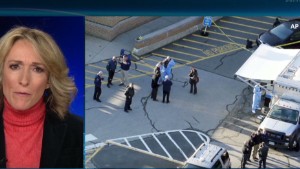

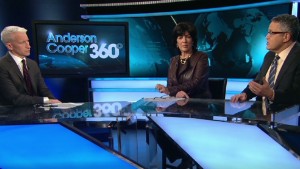

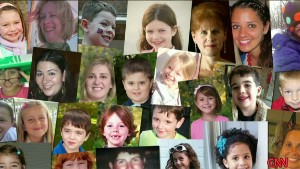

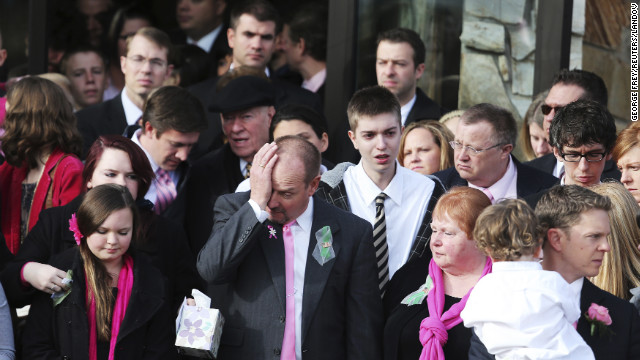
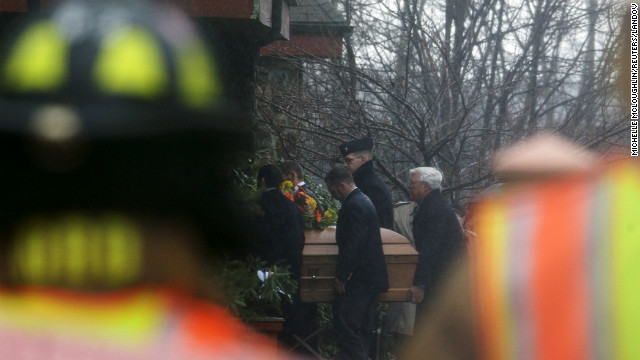
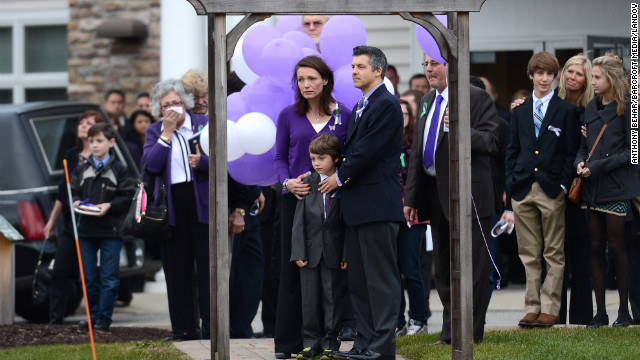
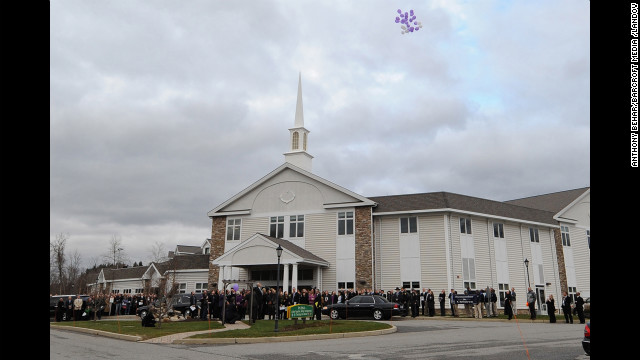
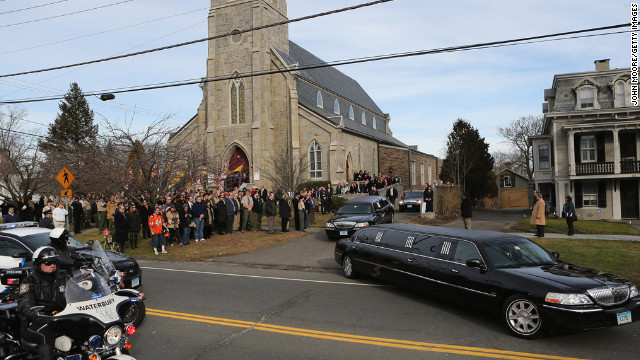
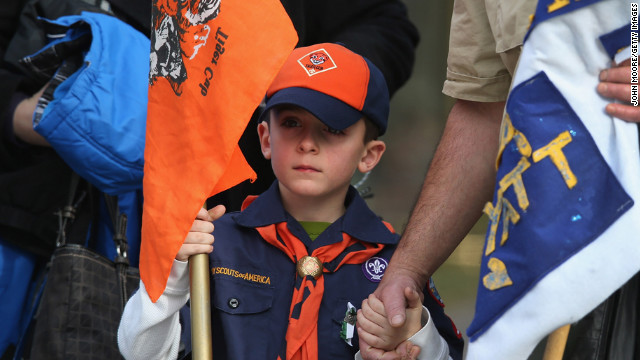
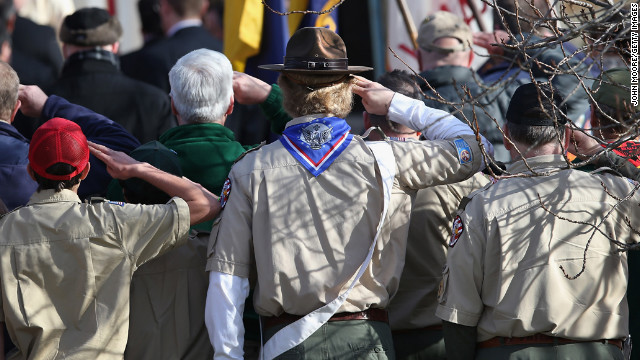
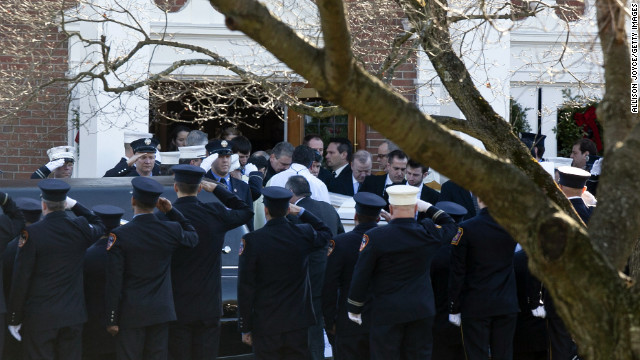
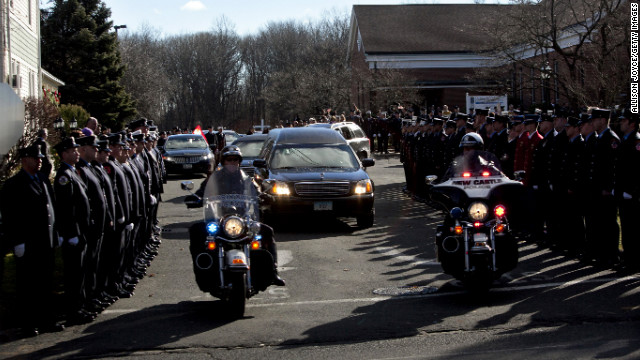
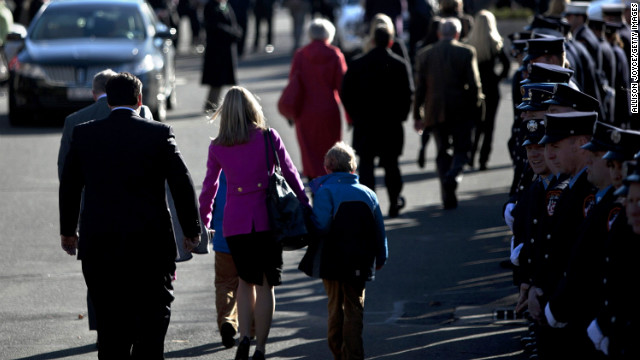
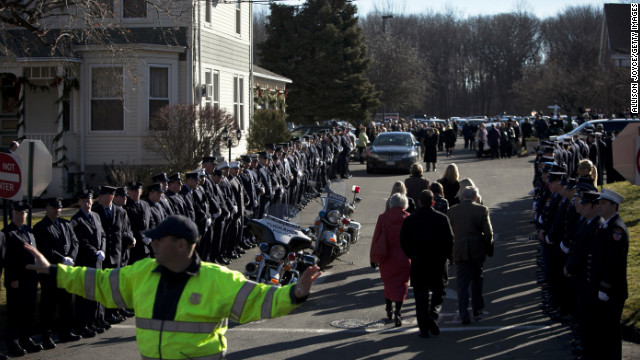
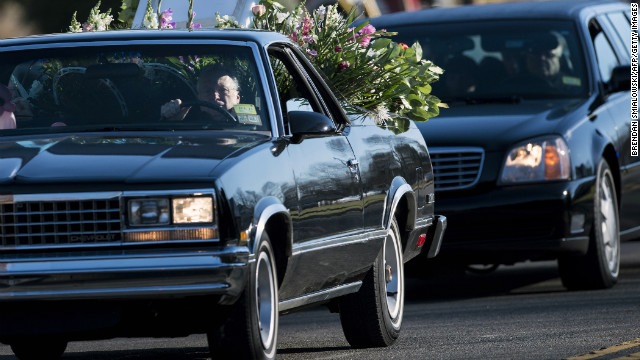
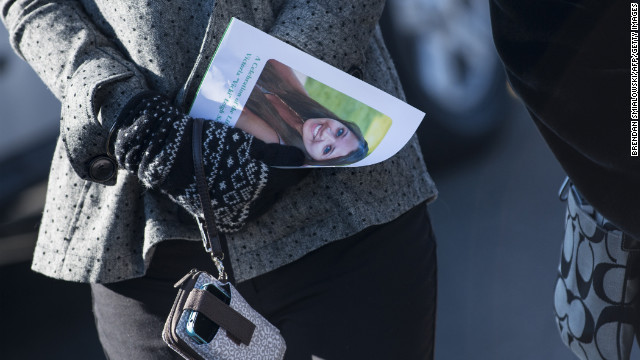
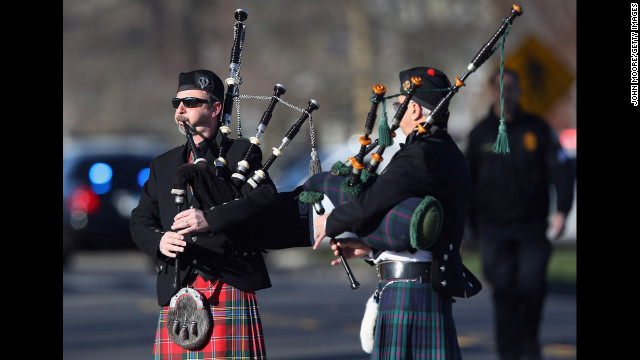
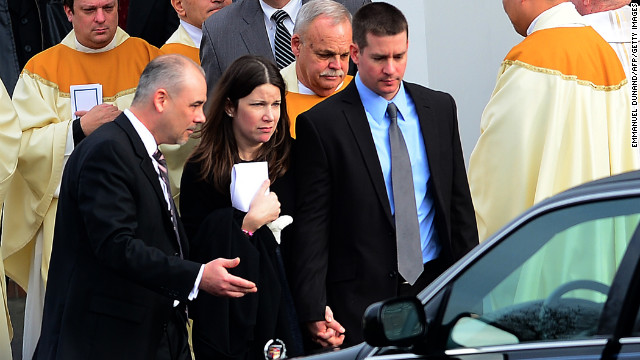
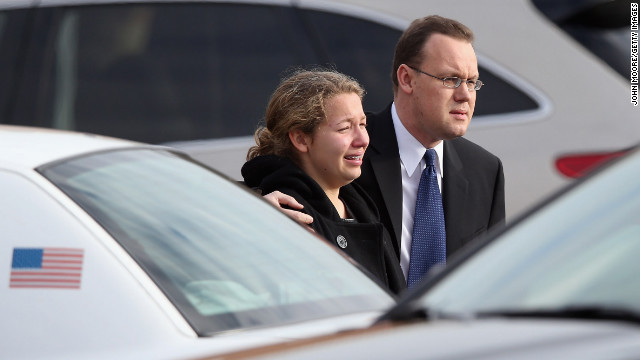
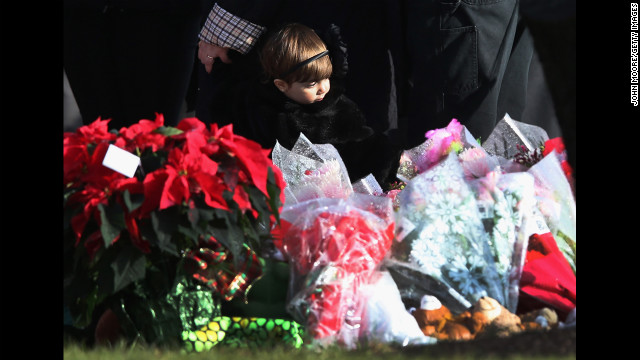
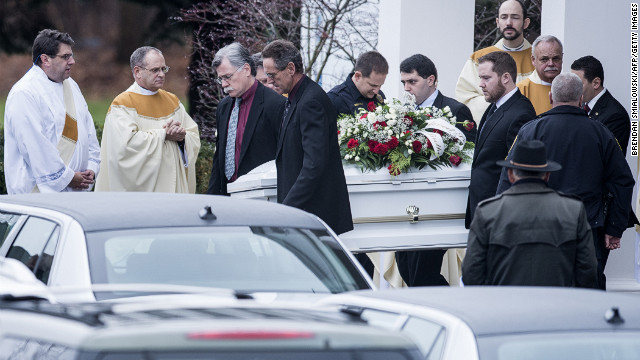
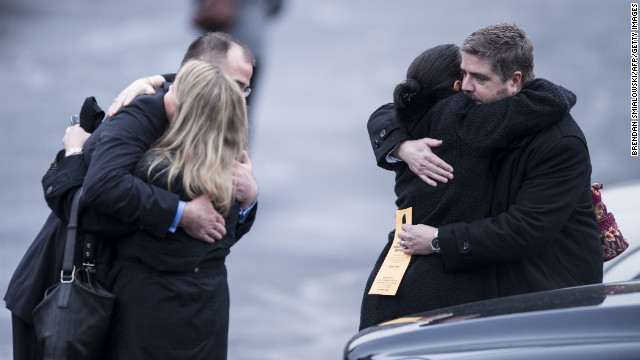
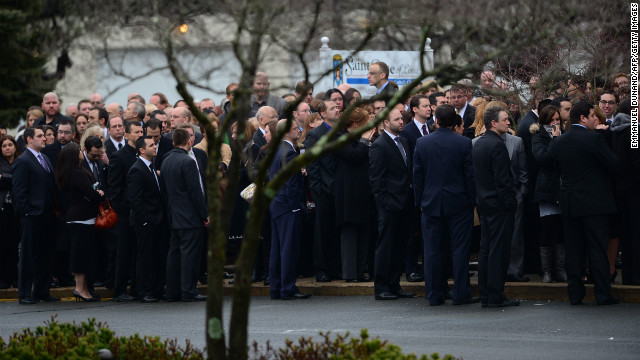
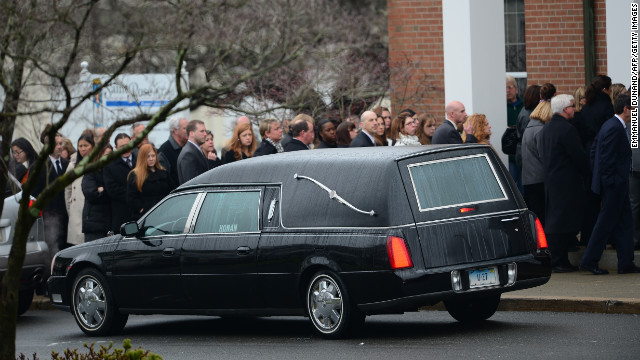
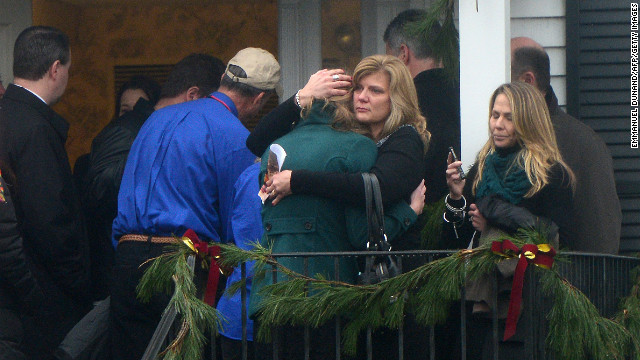
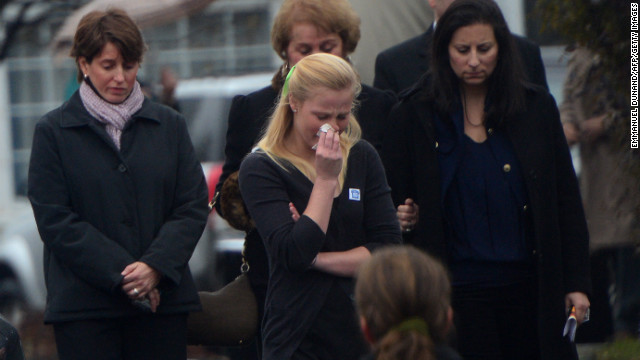
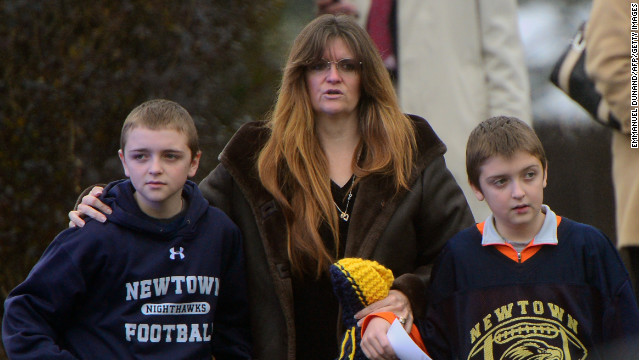
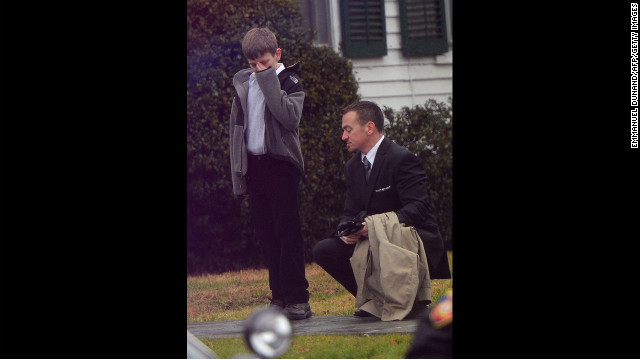
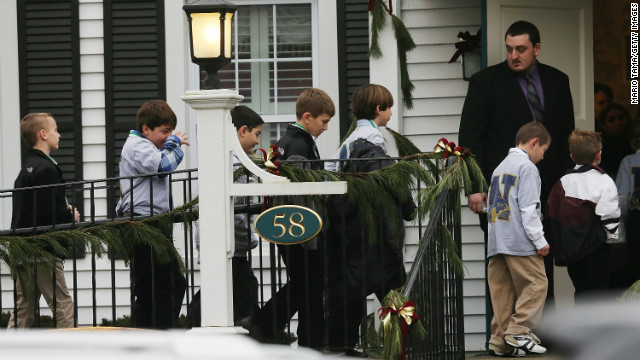
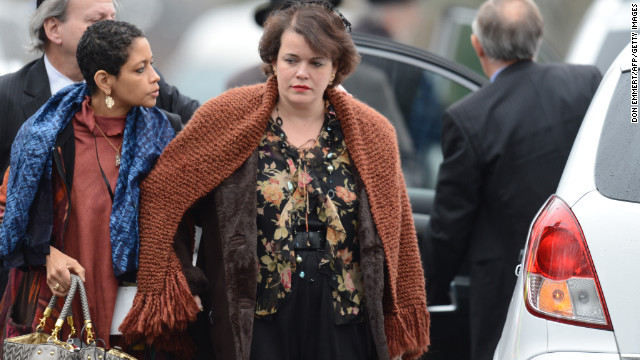
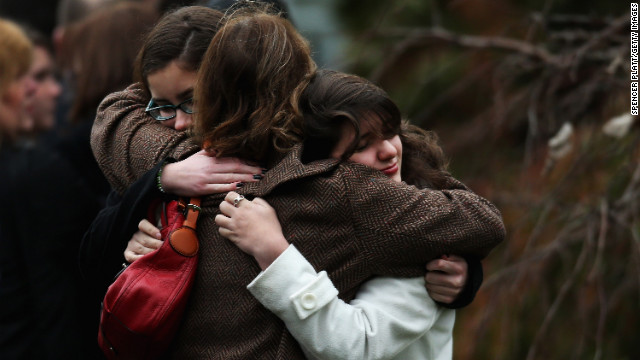
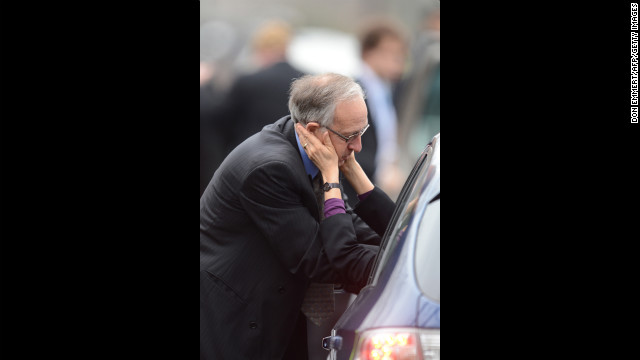
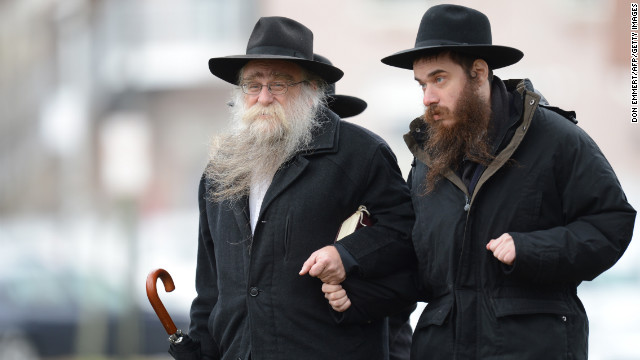
Newtown funerals: Community says goodbye
Newtown funerals: Community says goodbye
Newtown funerals: Community says goodbye
Newtown funerals: Community says goodbye
Newtown funerals: Community says goodbye
Newtown funerals: Community says goodbye
Newtown funerals: Community says goodbye
Newtown funerals: Community says goodbye
Newtown funerals: Community says goodbye
Newtown funerals: Community says goodbye
Newtown funerals: Community says goodbye
Newtown funerals: Community says goodbye
Newtown funerals: Community says goodbye
Newtown funerals: Community says goodbye
Newtown funerals: Community says goodbye
Newtown funerals: Community says goodbye
Newtown funerals: Community says goodbye
Newtown funerals: Community says goodbye
Newtown funerals: Community says goodbye
Newtown funerals: Community says goodbye
Newtown funerals: Community says goodbye
Newtown funerals: Community says goodbye
Newtown funerals: Community says goodbye
Newtown funerals: Community says goodbye
Newtown funerals: Community says goodbye
Newtown funerals: Community says goodbye
Newtown funerals: Community says goodbye
Newtown funerals: Community says goodbye
Newtown funerals: Community says goodbye
Newtown funerals: Community says goodbye

1

2

3

4

5

6

7

8

9

10

11

12

13

14

15

16

17

18

19

20

21

22

23

24

25

26

27

28

29

30

She absolutely did not want a judge to release the recordings of the December 14 massacre in Newtown, Connecticut, that claimed the lives of 20 first-graders and six teachers.
Hockley says she'll do her best to avoid hearing the voices describing the horror of that day, of gunfire popping in the background. But she's afraid of happenstance.
"I don't know if I'm going to turn on the radio one day, or turn on the TV one day, or be Googling on something and just happen to come across them by accident," Hockley said.
Bringing back memories
Parents of the murdered students were able to leverage the law to prevent the release of the crime scene photos from that day. But some of them are upset they couldn't hold back the 911 recordings.
The Associated Press had requested they be made public in accordance with the Freedom of Information Act.
Scenes of grieving parents on the day of the shooting are still vivid in the mind of Sen. Richard Blumenthal of Connecticut. Now that the call recordings are out, he's concerned about the pain they'll cause.
"I think the tapes bring back those memories," he said.
But the appeals judge who upheld the decision to release them didn't really have a choice, he said.
Judge Eliot Prescott was afraid that holding them back would "fuel speculation about and undermine confidence in our law enforcement officials."
The good in the bad
Cristina Hassinger, who lost her mother to Lanza's bullets, agrees with Prescott's decision -- despite her personal anguish.
Hassinger's mother, Dawn Hochsprung, was the school principal. She was confronting Lanza when he gunned her down.
Hassinger believes that knowing is better than not knowing. The calls belong to the American public, she said. And they can help the country deal with future shootings.
"They don't belong to the victims' families, painful as they may be, and there is nothing on the recordings that violates the victims' privacy," Hassinger said. "The public has the right to know."
Psychologists divided
Psychologists were divided on how to handle the calls.
Judy Ho frowns on their release, particularly the effect they might have on children who hear them.
"There are computers everywhere. Even if you have parental control, kids can get past that and listen to these tapes themselves," she told CNN's Don Lemon.
She fears the exposure will trigger post-traumatic stress disorder, even in people who have no connection to the school or its community.
But clinical psychologist Jeff Gardere believes that the pain of reliving those moments will help people process the trauma.
"I think listening to these tapes, of course, will open old wounds. But sometimes you do have to open them in order to clean them out."
Neil Heslin purposely used the recordings to reopen his own.
"I had felt it was something that I needed to do, that I wanted to do," he said. "Just to know. Jesse was my son. I brought him into the world."
Jesse died at Lanza's hands.
Heslin got to spend just six short years with his son before Jessie was lowered into the ground.
CNN's Pamela Brown and Deborah Feyerick contributed to this report.
